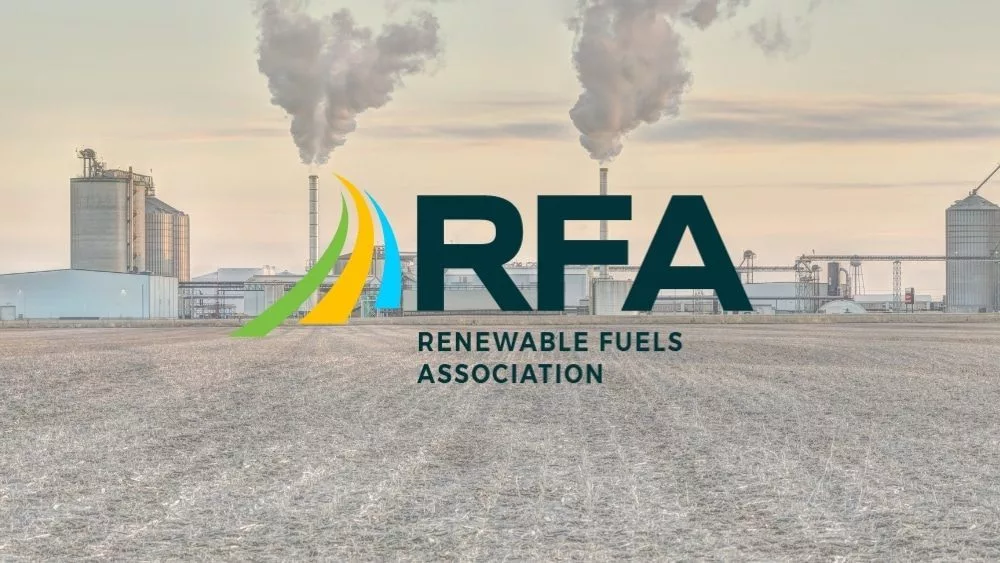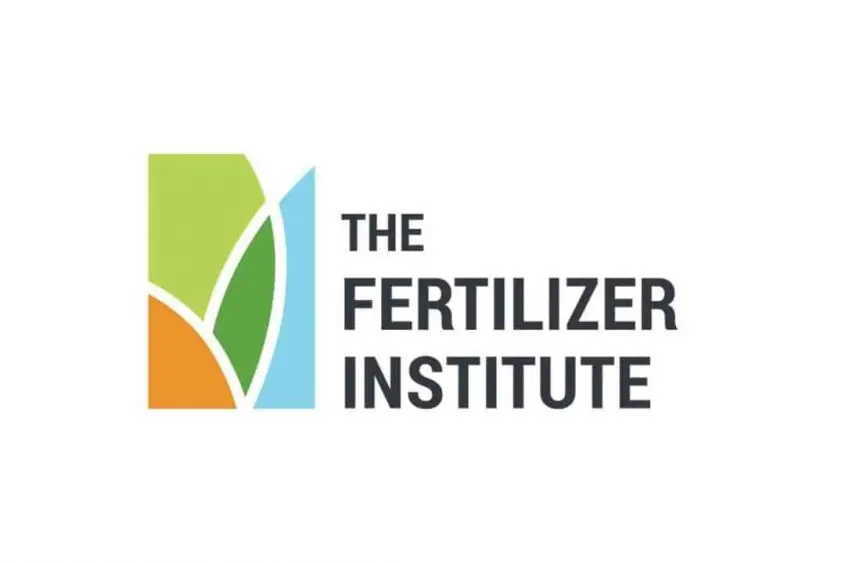
The Renewable Fuels Association on Monday filed comments with the California Air Resources Board regarding proposed modifications to the state’s Low Carbon Fuel Standard, including CARB’s decision to maintain “unnecessary and unworkable” feedstock sustainability criteria. RFA also shared a new analysis examining the decrease in cropland needed to meet California ethanol demand since the LCFS began more than a decade ago.
With its latest proposed modifications to the LCFS program, CARB had an opportunity to substantially revise or remove its needless sustainability requirements for U.S.-origin ethanol feedstocks. Instead, CARB made only a few slight tweaks to other provisions and the agency appears poised to move ahead with its costly and burdensome sustainability criteria.
In its comments and an attached analysis, RFA said empirical data clearly undermine CARB’s rationale for including the new sustainability requirements for grain-based ethanol. CARB alleges the requirements are necessary to provide “guard rails” against “rapid expansion of biofuel production and biofuel feedstock demand…that could result in adverse land use change.” But as RFA pointed out, the number corn acres needed to meet California ethanol demand has decreased by more than 700,000 acres—or 20 percent—since the LCFS program began in 2011. “This empirical data clearly invalidate CARB’s rationale for implementing its additional sustainability provisions,” writes RFA Chief Economist Scott Richman.
Notably, the analysis shows that the amount of cropland used to meet California’s ethanol demand in 2023 equated to just 0.7 percent of total U.S. cropland, down from 0.9 percent in 2011.
Finally, RFA’s comments encourage California to continue moving toward the approval of E15. California is the only state that does not currently approve the use of E15, which lowers emissions and would reduce fuel costs for California families. “The expeditious approval of E15 in California supports the more-stringent compliance curve of the amended LCFS regulation and provides additional consumer choice and lower-cost options in LCFS compliance,” Richman stated. “RFA looks forward to engaging with CARB and other stakeholders in advancing the use of E15 in California.”



